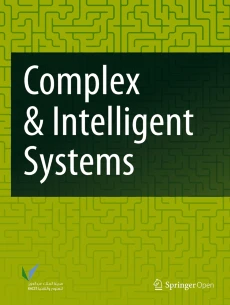The progression of Internet of Things (IoT) has influenced several application areas during last decade and is expected to multiply further. The number of IoT connected IT devices has reached 40 billion, and is assumed to exceed 70 billion in 5 years. This fact highly advocates the added-value possibility of IoT but brings new challenges, such as effective handling of big volumes of data continually produced by IoT devices. The cloud-based IoT devices often fail to achieve the growing claims of their end user clients, particularly regarding the delivery of real time services and high quality of experience, keeping the privacy and security of the integrated system. This has led to IoT deployments that send data managing operations at the edge of the IT network, providing rise to IoT solutions based on edge computing. This can allow data processing and storage to be processed in a distributed fashion, close to the end user data sources, and handling network bandwidth conditions, high latency issues, and privacy and performance matters. However, there are still a lot of objections that need to be tackled before IoT big data systems can apply the edge computing paradigm in full, such as heterogeneity and resource constraints of most IoT devices, performance, scalability, and privacy.
Mobile edge computing is a European Telecommunications Standards Institute defined network architecture concept that enables cloud computing capabilities and an IT service environment at the edge of the cellular network and, more in general at the edge of any network. The basic idea behind mobile edge computing is that by running applications and performing related processing tasks closer to the cellular customer, network congestion is reduced and applications perform better. MEC technology is designed to be implemented at the cellular base stations or other edge nodes, and enables flexible and rapid deployment of new applications and services for customers. The high-performance mobile edge computing for IoT big data is embraced as a significant research topic by many researchers and professions due to its capabilities to handle complex and challenging big data issues. Due to the tremendous interests from industry and academia in the design and development of innovative techniques and tools for the large and complex information processing issues, researchers have adopted high-performance mobile edge computing for the big data information system problems to deliver efficient solutions within a reasonable time. The rapid development of technologies such as the IoT, online social media, vehicular communications, machine to machine communications creates computational and storage problems. The big data generated from the aforementioned technologies requires robust data processing techniques with high computational and massive storage capabilities, and mobile edge computing is the effective solution to handle these issues. In other words, with the proven and promising potential, mobile edge computing is used to solve many real-time large-scale big data information system challenges.
This special Issue will report most recent developments and research outcomes addressing the related theoretical and practical aspects of Intelligent Mobile Edge Computing for IoT Big Data. Moreover, the authors are expected to investigate state-of-art research issues, architectures, applications and achievements in the field of intelligent edge computing for IoT big data. Unpublished innovative papers which are not currently under review to another journal or conference are solicited in the following relevant areas.























